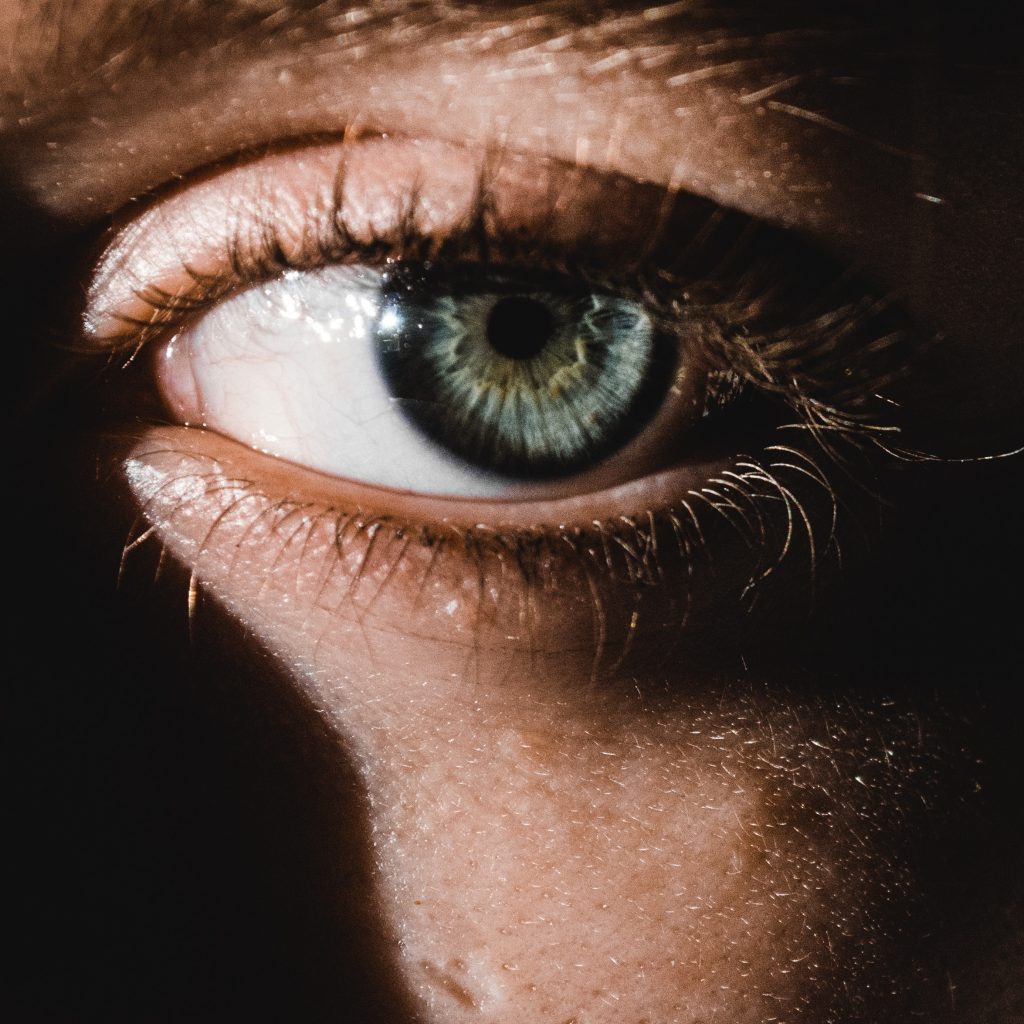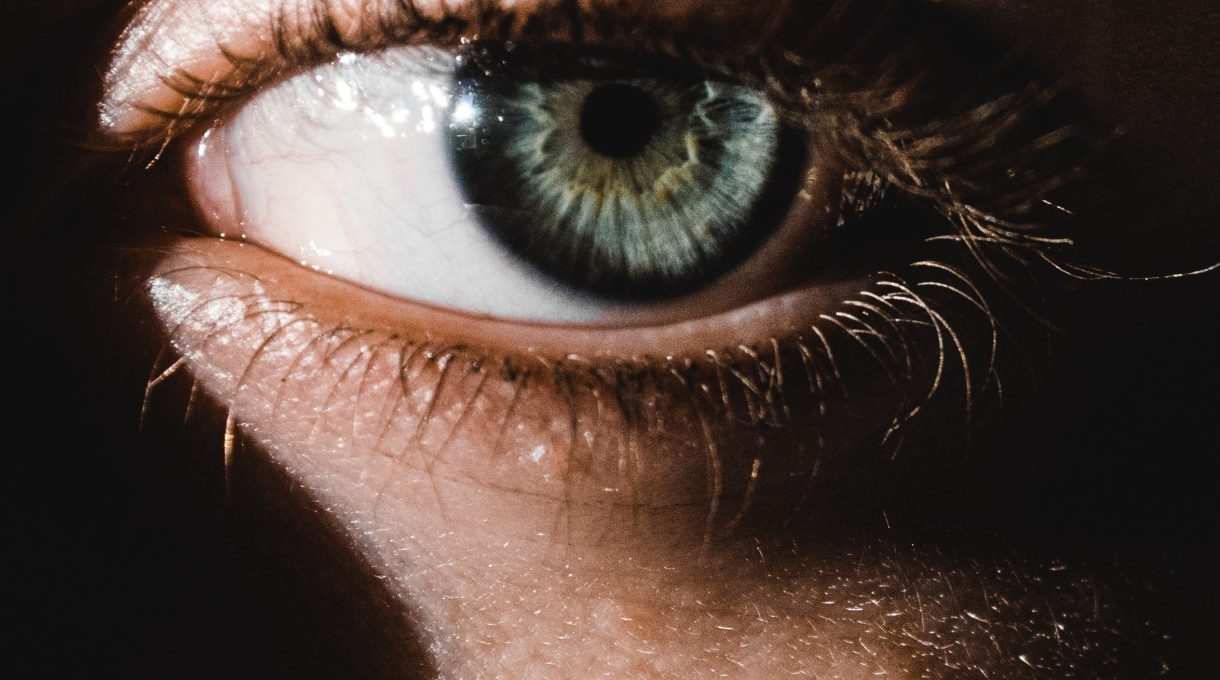
Eye care is a very intricate and detailed field. Your eyes are in other words very delicate, and proper eye care is very important. Since you know this, it’s very important that you pay attention to the following information about how you should be approaching eye care on a daily basis.
Find the best doctor in your area to care for your eyes. To find a good doctor locally, ask around and/or do an online search. You definitely want to seek out the best eye care for sure.
A wide-brimmed hat can be your best friend when outdoors, especially when the sun is shining. A hat offers a lot of protection for your face, including areas like your eyelids where sun can sneak in around the edges of glasses. Eyelids are a fairly common place for melanoma to develop, so cover up outdoors with a stylish hat whenever you can.
When selecting an eye care professional, do not skimp when it comes to doing your homework on each prospective doctor’s qualifications. Check their educational background, certifications and licensure to ensure that everything is as represented. Doing these things will help you feel confident when it comes to entrusting the health of your eyes to someone new.
It is very important to protect your eyes from direct sunlight, so make sure to wear sunglasses when you are outdoors or driving. The polarized sunglasses are best since they protect your sight by filtering out the UVA rays of the sun that can cause glaucoma and some other eye diseases.
Food can influence your vision. Many studies have been done and show how omega-3 fatty acids, zinc and Vitamins E and C reduce the risk of eye problems such as macular degeneration and cataracts. Some good choices are oranges, beans, nuts, tuna, salmon and spinach.
Don’t strain the eyes for too long. When you strain your vision and focus on something, such as a computer or television screen, you typically forget to blink as much as you should. When you don’t blink enough, it means your eyes are getting the lubrication they need, which can lead to more serious problems.
If you wear contact lenses, avoid wearing them while you sleep or for more than 19 hours. Unless you are wearing special lenses that are made for wearing overnight, your contact can deprive your eyes of oxygen and lead to extreme discomfort and possibly serious permanent damage to your sight.
If you blink often, you might or might not have eye issues. If your eyes are not dry, it may be some sort of nervous tic caused by stress. If that seems to be the case, try to relax. If you do not think it’s a tic, talk to an ophthalmologist.
Choose a thick, dense eye creme to ensure the skin around your eyes stays taught and firm. Make sure the product you choose includes essential fatty acids as they are a necessity for your most delicate skin. If you are a teen, the time is now to start, but even adults can benefit from starting later.
Make sure to have your eyes looked at regularly. Many people, particularly if they do not wear glasses or contacts, have not been to the eye doctor in years. You should go at least once in your 20s and at least twice in your 30s to make sure everything is on track. Once you hit forty, try and visit the eye doctor every three years or so. And, when you reach age 65, you should go every other year.
See your eye doctor regularly. Appointments with your eye doctor shouldn’t only occur if you have a problem. Routine eye care can help ensure that your eyes are always in the best of health. In addition, if a problem does arise, it will be spotted sooner so you can start treatment immediately.
If you take the steps you should be taking to work towards proper eye care, then you’re going to be in a much better position. Think about what this means for you and how important it truly is to make the changes. Don’t ignore such a vital aspect of life; instead, work towards eye health today!

